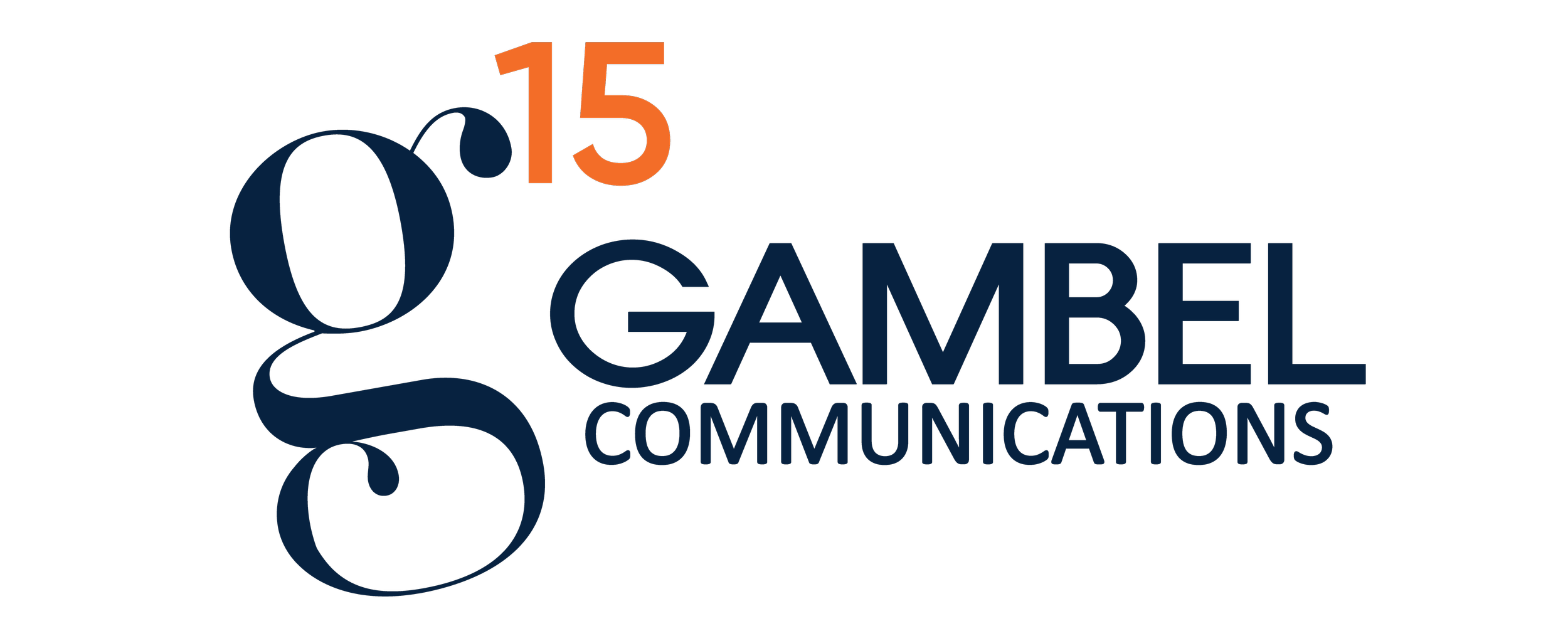Two Generation Program feature story
Andrea Munoz, center, works with Christopher Peraza, left, and Legend Proby, right, at a Jefferson Ready Start Network site in Metairie on Thursday, June 29, 2023. (Photo by Brett Duke, NOLA.com | The Times-Picayune)
Situation
Under the authority of Jefferson Parish Schools, Jefferson Ready Start Network (JRSN) works to create a culture of high-quality, comprehensive early childhood services (birth to five years). U.S. Census bureau data from 2019 estimated that 14.5% of parish residents identified as Hispanic and more than 36% were enrolled in Jefferson Parish Schools. Despite this population density only about 905 Latino children under the age of five participate in publicly funded early education seats available to them.
JRSN conducted a landscape analysis and released a report in July 2022 outlining the needs to combat the lack of Hispanic participation in available public seats. Part of this approach was growing a bilingual early education workforce. JRSN piloted a comprehensive system of workforce training and mentoring for program apprentices that provides resources to address workforce barriers, such as training in Spanish and free, high-quality child care for apprentices’ young children.
JRSN called upon Gambel to help tell the story of the Two Generation Approach to workforce development and early education program. Their hope was that the exposure would increase participation within the Latino community, increase funding opportunities for the program and build awareness to the Latino community about the importance of early care and education.
Strategy
Through a coalition of Latino-serving organizations, JRSN developed a robust strategy for recruiting, training and supporting bilingual teacher trainers – the Two Generation Approach to Workforce Development and Early Education Program. A main objective is to incentivize Spanish-speaking individuals to join the early education workforce. Following recruitment, JRSN piloted a comprehensive system of workforce training and mentoring for program apprentices that provides resources to address workforce barriers, such as training in Spanish and free, high-quality child care for apprentices’ young children. The program in itself is an outlet to bring awareness to the Latino community about the importance of early care and education and increase participation within the Latino community.
Based on research, Gambel Communications worked to secured a feature story in the daily local newspaper through the lens of the apprentices participating in the pilot. Over the course of several months, Gambel Communications coordinated a multi-step interview including conversations with the program director and two apprentices. Additionally, a childcare center visit and observation as well as a photo shoot with the apprentices working hands on with children.
Results
As a direct result of Gambel Communications’ targeted media outreach, a multi-photo feature story was published in The Times-Picayune and on NOLA.com, reaching an estimated readership of more than 850K. The story was also elevated in a local digital newsletter by the Bureau of Governmental Research. In response to the story, JRSN recorded increased web traffic to the program’s informational page, the program director was invited to speak in front of two Hispanic community groups and was interviewed by two of Latino broadcast radio outlets.


